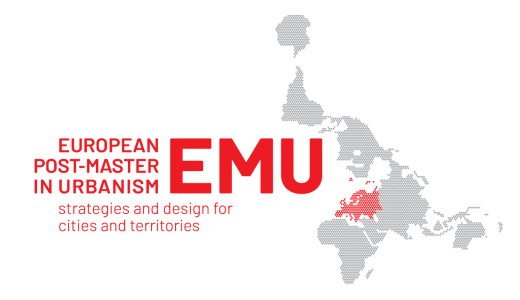Searching for Urbanity in Recife.
Luiz Marcos De Carvalho Filho
Mentors
Birgit Hausleitner (TUDelft) – Dominic Stead (TUDelft) – Paola Viganò (IUAV)
Urbanity, liveability and spatial quality are concepts that although quite used in urban studies are still rather vague. What makes a city merit a label or a classification? What are the aspects involved in classifying and qualifying cities and urban space? The context of Brazilian cities, extreme segregation of the population, expanding construction market and the reduced role of public institutions in the planning, reinforces the urge for a precise definition of the role of urban planning and design and ultimately urbanism to secure the core values of spatial quality.
This research contributes to the study of urbanity, describing the dimensions it involves and the methods to evaluate and achieve it in the Brazilian context. Urbanity is here approached as the level of co-presence, interaction of different groups promoted by spaces in the city. In that sense, Urbanity is perceived as conditioned by both space and users. Therefore, these two components and scales and their interaction can provide different levels, types, degrees of Urbanity.
These proposed measures allow firstly an evaluation of how the built city (historical, cultural and institutional) of Recife performs concerning the different aspects of urbanity and secondly a suggestion of how that performance can be improved through planning as the city continuously evolves.






